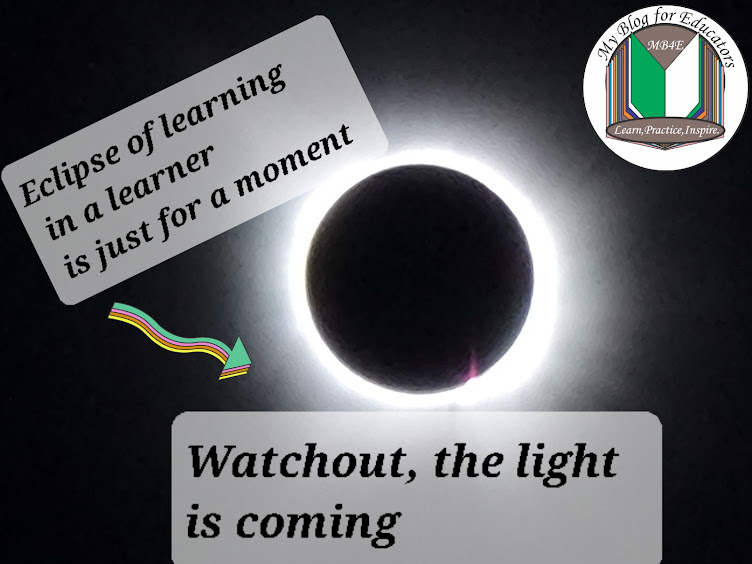Cambridge University Press view it as a
learning-by-doing approach.
Both of these definitions have far-reaching positive effects on learning. For example, in the case of preparing learners to be lifelong inquirers and learners, students continue to study, ask questions and seek to learn new things. They keep studying and never retire even when they leave school. With learning by doing, learners transcend beyond the theoretical level of learning to practice. As quoted by Thomas Fuller,
" Knowledge
is a treasure but practice is the key to it"
Research-based learning is an important Active Teaching
and Learning Practice. It is a type of teaching practice that allows learners
to begin with a curious mindset. With curiosity, learners critically think to
find answers. It may be to find something new or discover ways to improve an
existing one. This type of learning requires resources, materials and
reference texts to explore relevant information, questions and challenges.
Research-based learning questions passive teaching and learning but encourages
learners to construct meaning. The approach improves the quality of learning
and enables problem-solving ability in learners.
In this type of learning, learners learn how to be
a" productive society, not consumer society ".This is because it moves learners from their comfort zone to an active learning zone where critical thinking, brainstorming,
and life-long learning thrive. One of the problems of our society today is that
learners are moulded in teacher-colonized classrooms and are not trained to
take responsibility for their learning. Learners leave school without a
curiosity mindset. They prefer to regurgitate what was passed to them by the
teacher instead of thinking.
Tell me how a society can transition from a consumer to
a productive society where learners and school leavers need more time to be ready to stretch
their thoughts, search, question options and continue learning.
As an educator, I realised that theory and practice are essential. My learners are constantly allowed to conduct research.
As teachers, do not assume that the learning approach is restricted to tertiary institutions. Primary and
secondary learners can. They have the brain that can
think. Just give them something within their age bracket and you will be amazed at
the extent they can go.
.There is a need for a shift of paradigm and
perspectives to meaningful teaching and learning practices like PBL so that
learners can embrace lifelong inquiry and learning.
Help your learners to keep their minds open because
"Education's purpose is to replace an empty mind with an open
one."-----Malcolm Forbes
.
Critical thinking is enhanced as learners engage in
research-based learning because they have to think to work the process to
answer. This kind of learning does not give room for regurgitation of
information but requires deep thoughts, findings and actions.
Research-based- learning helps learners to be deeply
involved in the learning process as they take charge of the learning. Credible
resources, materials and reference texts are intentionally studied while
searching. Learning skills and knowledge are enhanced
.
Promotes problem-solving ability because new things are
discovered and the existing ones can be improved upon via research-based
learning. The great improvements witnessed in the digital and electronic world result from research-oriented learning. What about the field of medicine?
The recent discovery of the Coronavirus vaccine that brought relief to the
disease that globally took away millions of lives in 2020 was a result of
research.
It promotes curiosity- With this type of learning,
learners ask questions, and they ask why??/
Wondering how to deploy research-based learning, here are
some tips
- .Decide to step aside and allow learners to take responsibility for their learning. Say no to teacher–centered learning. Be the facilitator and the guide. Do not hijack learning.
- Build trust and believe that your learners can learn through research because you can only allow such an opportunity if you believe that they are capable
- Open the door to the 4Cs: Communication, Collaboration, Critical thinking, and creativity.
These skills have been explained in some of our episodes.
- Embrace learners' engagement and allow your learners to brainstorm. Do not shut them down
- Pick the topic, challenge, and question for exploration. Let the learners know what they are working on. Be precise. Communicate with your learners and allow them to be involved.
Additional resources
What is Research-based learning
Stay tuned................................







No comments:
Post a Comment